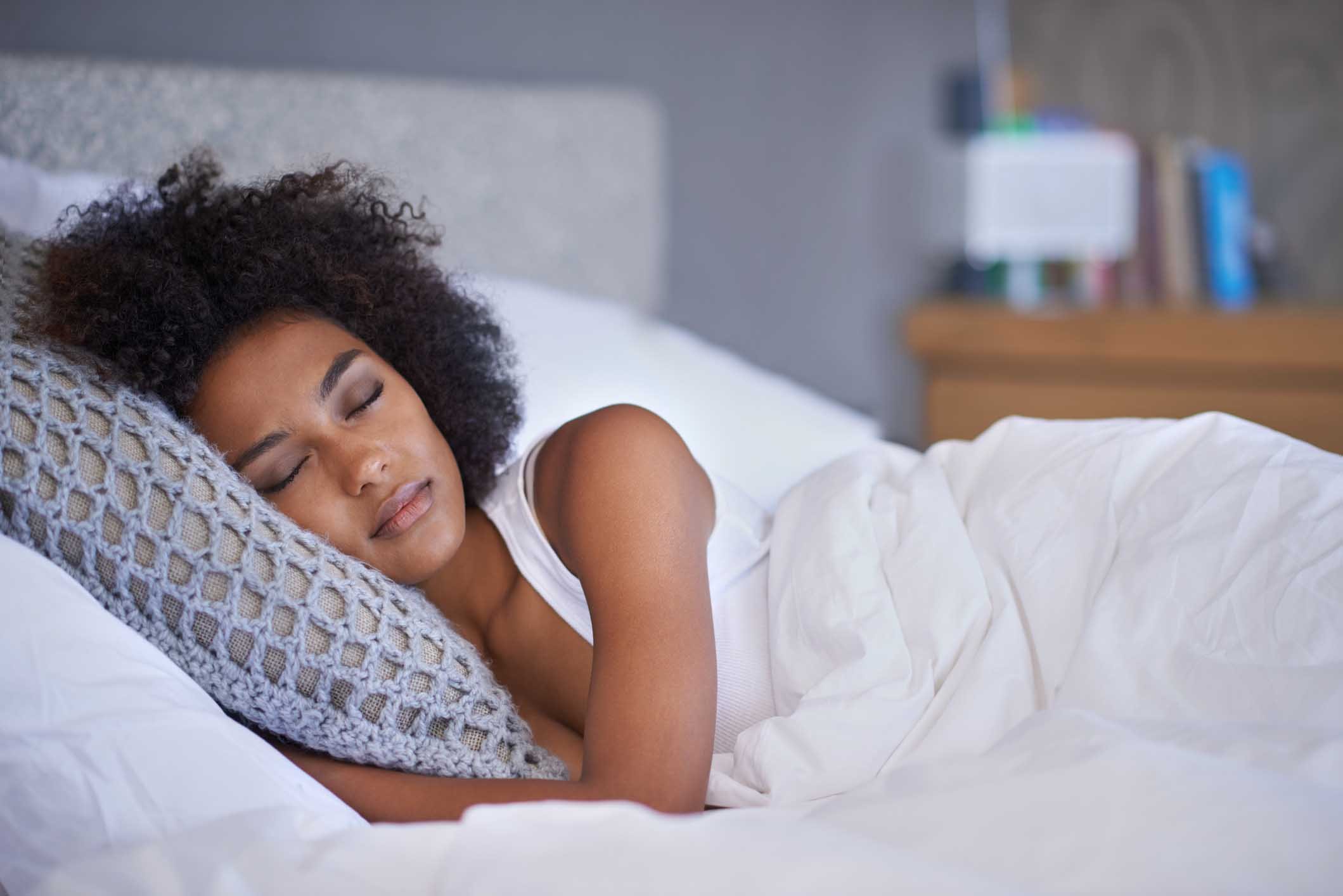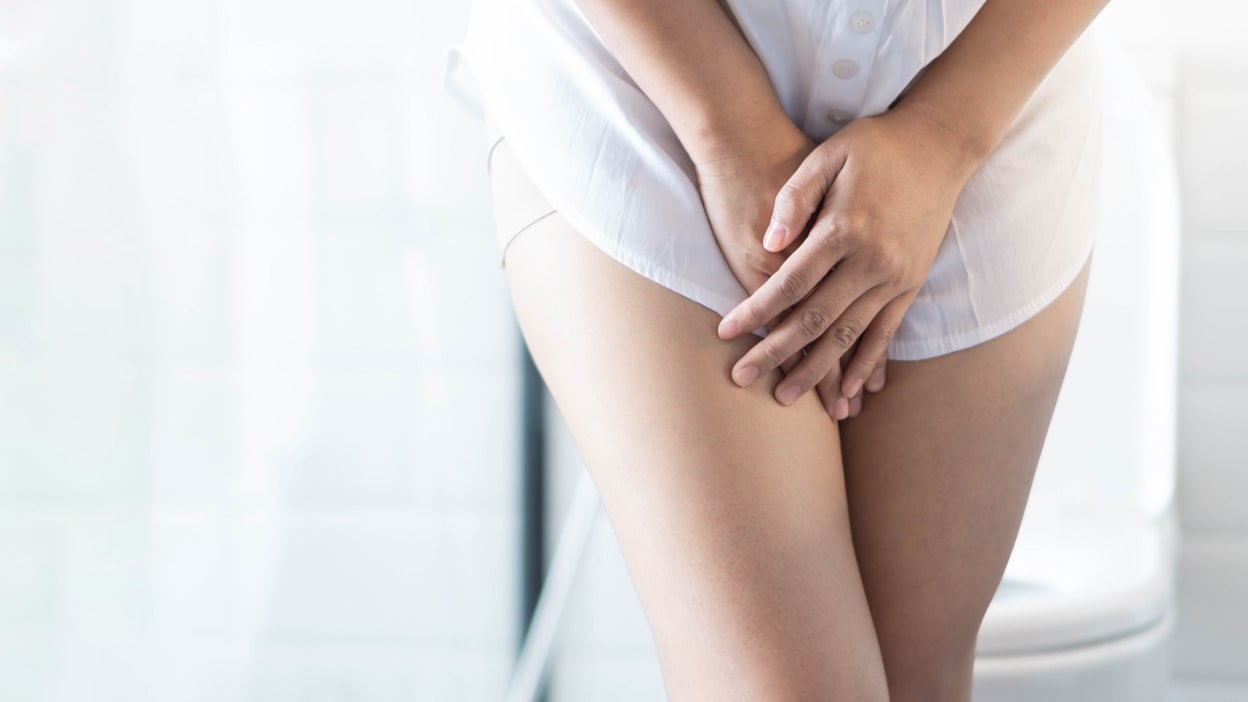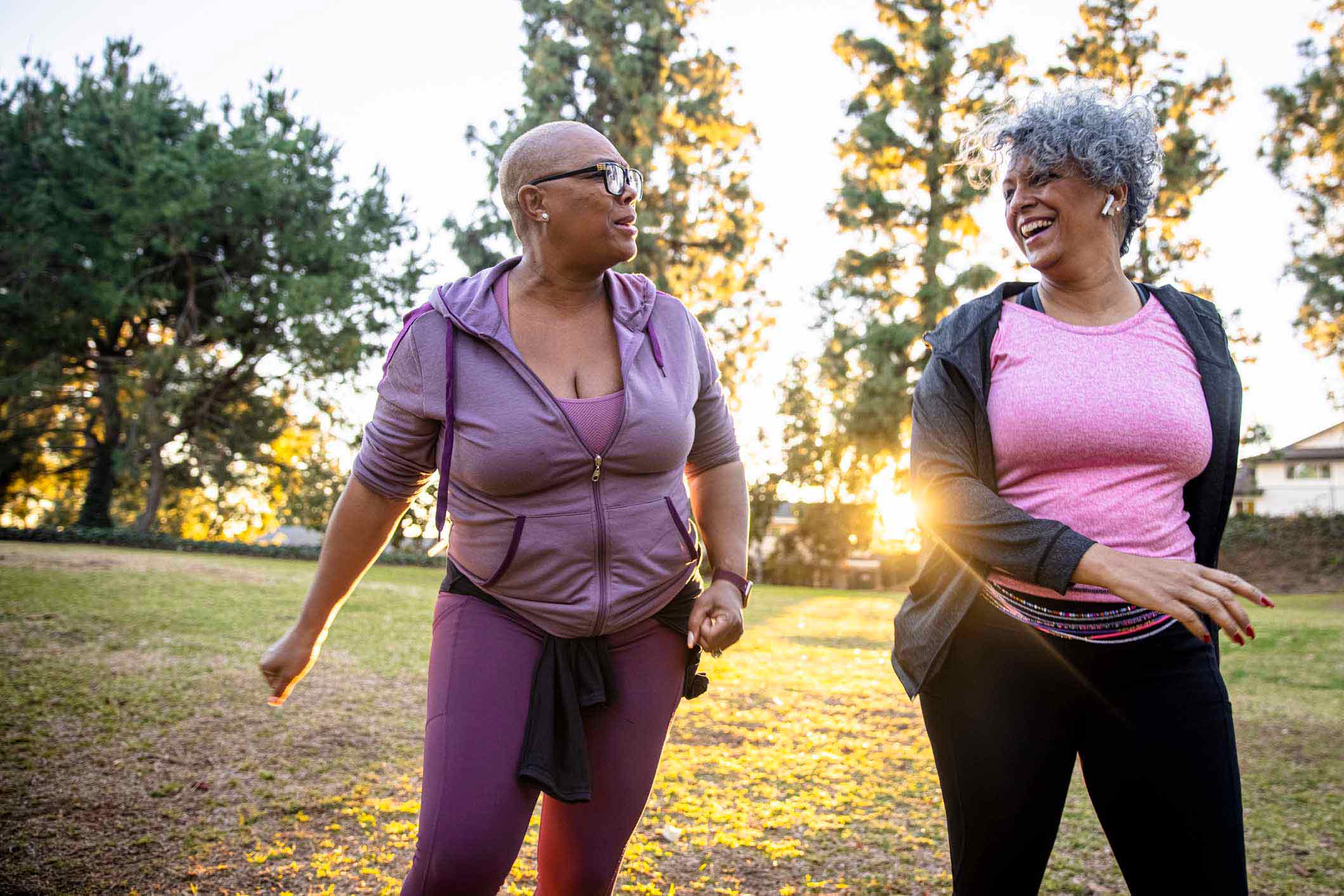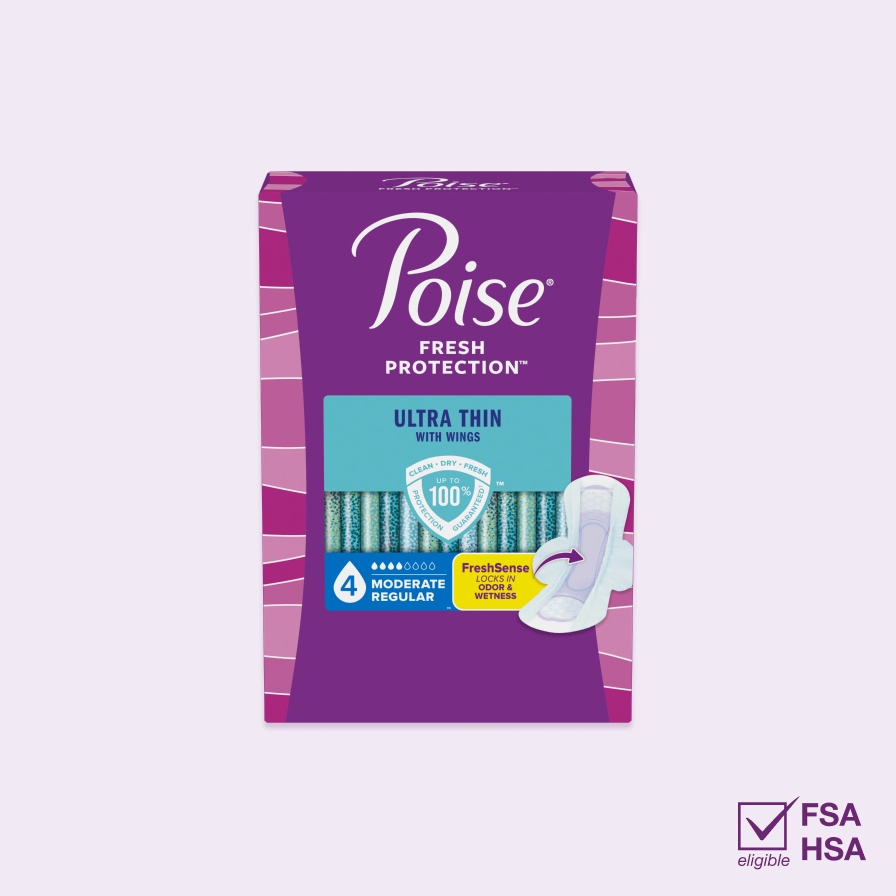Nocturia: Symptoms, Causes, and Treatment
Nocturia: Symptoms, Causes, and Treatment
Are your sweet dreams interrupted by trips to the bathroom? A potential culprit behind peeing a lot at night is Nocturia or Nocturnal Polyuria. This condition causes a disruption in sleep resulting from frequent urination at night and may cause bed-wetting in adults. About one in three adults over the age of 30 experience Nocturia.
While risk increases with age, Nocturia causes may be linked to lifestyle habits or underlying health issues such as:
- Bladder or uterine prolapse
- Constipation or inflammatory bowel disease
- Overactive bladder (OAB)
- Anxiety
- Depression
- Diabetes
- High body mass index
- High blood pressure
- Heart Disease
- Advanced age or menopausal status
- Tumors of the bladder, prostate, or pelvic area
- Bladder or Kidney Infection
- Obstructive sleep apnea
- Previous history of bed-wetting
Nocturia can also be an early sign of pregnancy. The condition often develops at the beginning of pregnancy, or later when the growing womb presses against the bladder, resulting in frequent urination at night for females. Nocturia may continue in postpartum individuals, especially when your body is trained to frequently wake up in the middle of the night to breast or bottle-feed.
What are the Symptoms of Nocturia?
An individual should be able to sleep six to eight hours during the night without getting up to go to the bathroom. If you suffer from Nocturia, you are likely waking up periodically throughout the night, disrupting your normal sleep cycle. Additionally, you are training your bladder to go when it is not full. Over time, this resets the pressure sensors in your bladder and will send you to the bathroom more frequently at night, sometimes carrying over into increased daytime frequency as well.
Symptoms of Nocturia can include:
-
Waking up one or more times per night to urinate
-
Urinating more volume if polyuria is present
-
Polyuria is best defined as excessive urination volume, which typically equals more than 2.5 liters per day.
-
Fatigue or sleepiness due to an interrupted sleep cycle
-
Adult bed-wetting, or incontinence, at night
Tips to Treat Frequent Urination at Night
Although adult bed-wetting may be an uncomfortable topic to discuss with your health care provider, an open discussion with your doctor will help identify the best Nocturia treatment options for you. Setting yourself up for blissful, uninterrupted sleep may feel impossible, but I recommend a few behavioral and lifestyle changes to get you back to a full night’s sleep:
-
No drinks before bed.
Avoid drinking any beverages, including water, after a certain time every night based on your body’s response. Some people limit liquids three to four hours before bedtime to help prevent Nocturia.
-
Stick to bladder-friendly liquids.
Certain liquids are known to stimulate an overactive bladder, causing it to spasm and jolt you from a deep sleep to racing to the bathroom. Caffeine for example, found in certain teas, coffee and energy drinks, is a known diuretic and stimulant, which means it increases bladder activity.
-
Double up before bedtime.
Empty your bladder twice before you go to bed. It may be helpful to go to the bathroom once before brushing your teeth, and then once more right after, so any urine that wasn’t emptied the first time around is clear before your head hits the pillow.
-
Wear pads designed for bladder leaks.
Bladder leak pads, such as Poise® Ultra Thin Pads with Wings, are specifically designed to absorb leaks and keep you feeling clean, dry and fresh while managing Nocturia.
-
Manage your use of diuretics.
If you must take a diuretic, then do so at least 6 hours before you go to sleep. This will help reduce the number of times you urinate during the night.
Talk with an Expert
Although Nocturia may be difficult to discuss with your doctor, it’s important to understand the condition is common and can improve with proper steps to identify its cause and treatment plan. For example, if you also experience frequent daytime urination, you may need to take steps to retrain your bladder.
Your doctor may also refer you to a pelvic floor physical therapist if frequent urination at night is caused by pelvic floor trauma or dysfunction. A pelvic floor physical therapist will offer specialized treatment to help retrain your bladder. You’ll learn how to improve pelvic floor muscle coordination to better manage urination urges and Nocturia.
# # #
Author Summary: Dr. Heather Jeffcoat,DPT, Pelvic Health Physical Therapist is the founder of Fusion Wellness & Femina Physical Therapy(FeminaPT.com).Her work focuses on pelvic and sexual health education for all, and she lectures internationally on Female Sexual Dysfunction and chronic pelvic pain. She is also the author of Sex Without Pain: A Self Treatment Guide to the Sex Life You Deserve.
- https://www.urologyhealth.org/urology-a-z/n/nocturia
- https://www.healthline.com/health/urination-excessive-at-night
- https://my.clevelandclinic.org/health/diseases/14510-nocturia
- https://onlinelibrary.wiley.com/doi/abs/10.1111/ijcp.12727
- https://www.urologyhealth.org/urology-a-z/n/nocturia
- https://www.webmd.com/urinary-incontinence-oab/features/putting-an-overactive-bladder-to-bed
- https://www.healthline.com/health/urination-excessive-volume
Recommended Products
Absorbency Level
Absorbency Level













